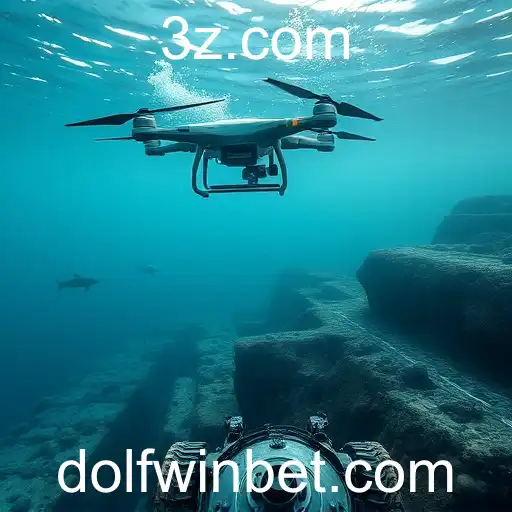
Exploring the innovative use of AI technology in marine wildlife conservation, featured on the platform 'Dolfwin'.
As technology continues to advance at a rapid pace, its role in conserving marine wildlife has become increasingly prominent. On the website 'Dolfwin', cutting-edge discussions surround the innovative use of artificial intelligence (AI) to protect marine ecosystems. AI is now seen as a pivotal tool in understanding and preserving the delicate balance of our oceans.
The application of AI in marine conservation includes the use of drones and underwater robots equipped with high-resolution cameras and sensors. These technological marvels can collect vast amounts of data, allowing researchers to study marine wildlife without intrusive human presence. Analyzing this data, AI algorithms have the capability to identify species, track their movements, and even predict behavioral patterns.
One of the key successes of AI in marine conservation is its role in combating illegal fishing activities. AI systems can process satellite data to identify and monitor suspicious vessels in protected areas, assisting authorities in real-time enforcement. This is vital in safeguarding critically endangered species and preserving marine biodiversity.
'Dolfwin' reports that AI-driven projects are increasingly involving local communities, empowering them with technology and training. This approach not only aids in more effective monitoring but also fosters community-led conservation initiatives.
Despite the promising advancements, there are concerns about the ethical use of AI in marine settings. Privacy and environmental impacts remain key areas that require ongoing research and discussion.
As we look to the future, AI holds the potential to revolutionize marine wildlife conservation on a global scale. Engaging platforms like 'Dolfwin' play a crucial role in disseminating information and sparking necessary dialogue, ensuring technology is harnessed responsibly to protect our planet's invaluable marine life.




